There is a lot of misinformation and selective information floating around when it comes to Covid management in our country. The first wave came with many lessons for the states as well as centre. However, in this ongoing second wave, it is evident that many states have failed to act as per the lessons from the first wave. Rather than acknowledging their mistakes and making a course correction, some state governments have been busy blaming the centre for their own mismanagement and shortage of medical supplies. However, while the centre has been working tirelessly since early last year to ramp up healthcare infrastructure and capacity across the country, some opposition led states have remained lax in fulfilling their responsibilities and refuse to suspend partisan politics. Their refusal to supplement the centre’s efforts for pandemic management has led to this dire scenario. Nothing prevented states from taking independent initiatives for ramping up their testing capacity, expanding oxygen generation, increasing hospital beds, and procuring ventilators. In March 2020, less than 100 labs were conducting testing for Covid 19 infections. Today, there are close to 2500 labs (both public and private) across the country. This gradual increase is largely attributable to efforts by the Indian Council for Medical Research (ICMR) and the central government. While the centre can build lab capacity, it is for state governments to ensure that adequate number of tests are actually conducted. The high test-positivity ratio in states like Delhi, Chhattisgarh, and Maharashtra indicates deliberately lower testing to reduce daily case counts and minimize negative headlines. Delhi seems to be following a unique strategy of reducing case count by reducing testing. In the middle of the worst surge, the city has reduced its daily testing. On 17th April, Delhi conducted 99,230 tests as compared to just 75,912 on 25th April. In a review meeting with CMs, PM Narendra Modi had urged states to shed reluctance over high case counts and ensure adequate testing. These states have consciously chosen to ignore the PM’s appeal to ignore political point scoring during a pandemic. Many opposition ruled states that are facing a shortfall of Oxygen supplies have been solely blaming the central government. What is the reality? In late 2020, the central government had sanctioned funds for 162 oxygen generation plants across the country through PM CARES. Delay in providing land, site clearances, and logistical assistance by the state governments hampered the installation of these sanctioned plants. For instance, in Delhi only one out of the eight allocated plants is currently active. Why? Despite weekly reviews, site clearance for four plants was repeatedly delayed by the state government. In fact, clearance for another plant was received just last week. Meanwhile, site clearance for one plant is still awaited. While some states are being proactive and exploring multiple sources for bridging the supply shortfall, others are merely blaming the central government and refraining from taking any initiative. Last week itself, Uttar Pradesh government decided to establish ten oxygen plants with assistance from the DRDO. What has prevented opposition ruled states from moving swiftly and taking similar steps? In Gujarat, a medical college in Palanpur installed a mini-Oxygen plant which would support almost 35 patients. If oxygen plants can be set up in rural Gujarat, why can’t similar initiatives be taken in the country’s capital? In Kanpur, the administration identified a dormant oxygen plant, increased its capacity, and started filling 2000 cylinders every hour. Compare this with efforts of the Delhi government which is trying to arrange cryogenic tankers for Oxygen transportation by issuing newspaper ads! Since the pandemic started, the centre has been trying to make up for more than seven decades of oversight and callous governance. What was the status quo like which the centre has been trying to alter? In April 2020, there were merely 47,481 ventilators across the country. In February 2019, the 33 state run hospitals in Delhi, where state government boasts of a world class healthcare model, had merely 348 functional ventilator beds - 3.45% of all beds as compared to the minimum requirement of 10%. To correct this historical failure, the central government already sent almost 35,000 ventilators across the country through PM CARES since last year. But some states, could not even ensure installation of the free ventilators received from the centre. In Punjab, more than 250 PM CARES ventilators gathered dust as the state government couldn’t get them installed. Similarly, in Jharkhand, tens of ventilators remain unused mostly due to lack of technicians. Imagine, the number of lives that could have been saved if state governments had been slightly more proactive and just merely ensured installation. Moreover, if the central government can use funds collected by COVID to purchase ventilators, what prevented the state governments from doing so too? Opposition parties have been extremely vocal about the situation of migrant labour and the adverse consequences of lockdowns on their livelihood. Unfortunately, there is a stark difference between their political rhetoric and actions. The governments in Maharashtra and Delhi have learnt nothing from their earlier failure to provide adequate safeguards and assistance to migrants and repeated their mistakes when they announced their latest lockdowns. The failure of states was corrected by the central government as PM Narendra Modi announced extension of free food grains under the PM Garib Kalyan Yojana. Pandemic management took a back seat as some state leaders prioritized political manoeuvres. At the peak of the first wave in early September 2020, the BMC was busy demolishing actress Kangana Ranaut’s office rather than focusing on containment measures. In November 2020, when the first wave hadn’t even fully receded and Maharashtra was still recording more than 5000 daily cases, CM Uddhav Thackeray’s government was busy overseeing journalist Arnab Goswami’s arrest. Similarly, Delhi CM Arvind Kejriwal remains preoccupied with self-promotion and marketing. The Delhi government spent close to Rs. 150 crores on advertisements and publicity between January and March 2021. As time and resources were allocated to PR, pandemic management was forgotten. Whether it is testing, oxygen supplies, ventilators, or safeguarding migrants from effects of lockdown, the Modi government has corrected the failure of state governments. It is the opposition ruled states that have violated the principle of cooperative federalism by failing to complement the centre’s efforts. An observation by the Delhi High Court yesterday – “The problem is you think allocation is done so everything will be served at your doorstep but that’s not how it works”, aptly describes the attitude of many opposition leaders who expected everything to be delivered and managed by the central government. Rather than working and cooperating with the centre, they chose to remain preoccupied with confrontation. Citizens are suffering the consequences of opposition leaders engaging in politicisation and remaining preoccupied with petty politics. Currently, team India needs to act in unison and make concentrated efforts. History will not be kind to opposition leaders for endangering citizens’ lives and hindering pandemic management for reviving their political fortunes. The author is a writer and BJP spokesperson. Views are personal
Passing the buck won't help us in COVID-19 fight
There is a lot of misinformation and selective information floating around when it comes to Covid management in our country. The first wave came with many lessons for the states as well as centre. However, in this ongoing second wave, it is evident that many states have failed to act as per the lessons from the first wave. Rather than acknowledging their mistakes and making a course correction, some state governments have been busy blaming the centre for their own mismanagement and shortage of medical supplies. read more
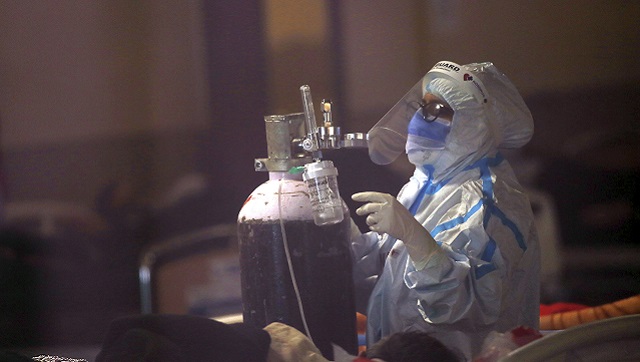)
Tuhin A. Sinha is the author of The Captain, an unusual 'cricket thriller' that delves into modern cricket's underbelly and three oher books; a scriptwriter with several successful Tv shows to his credit and a columnist who writes on social and political issues for the TOI and the DNA and has a blog called Unapologetically Right on ibnlive.com see more


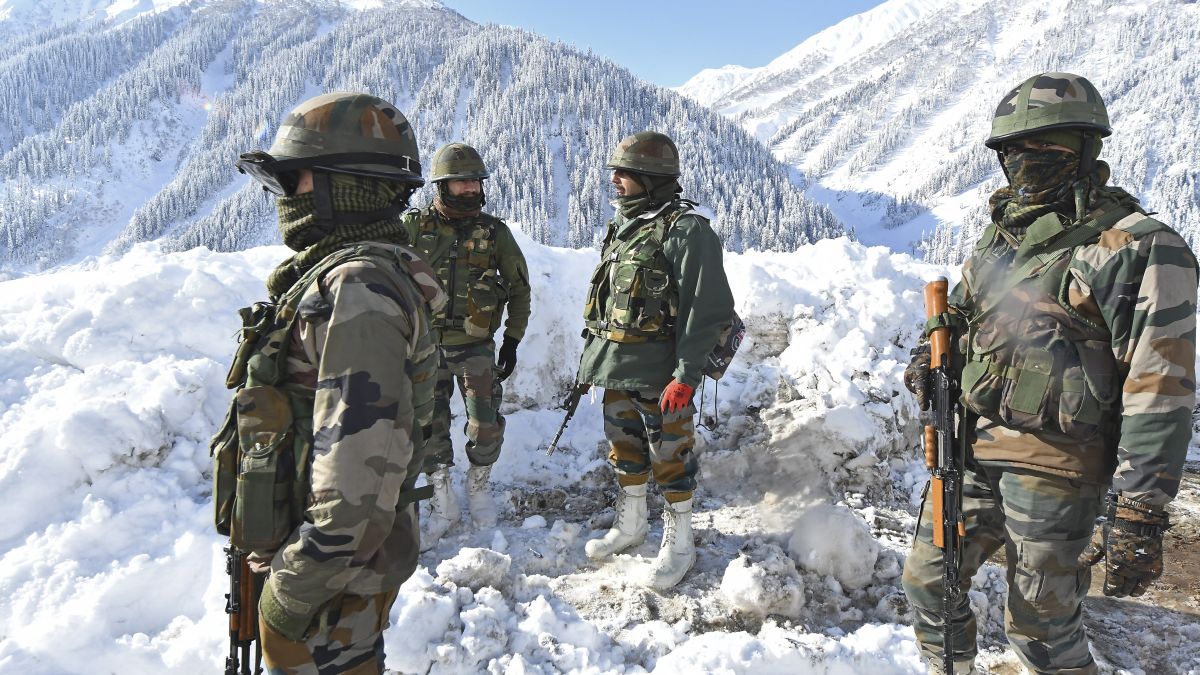)
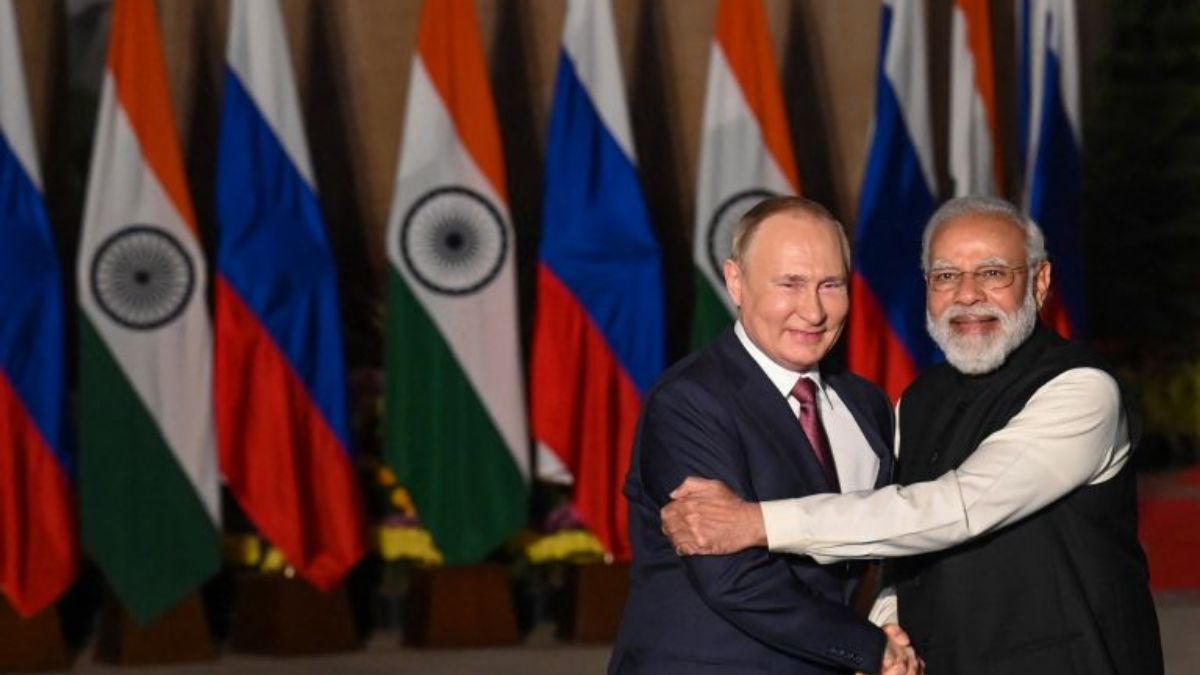)
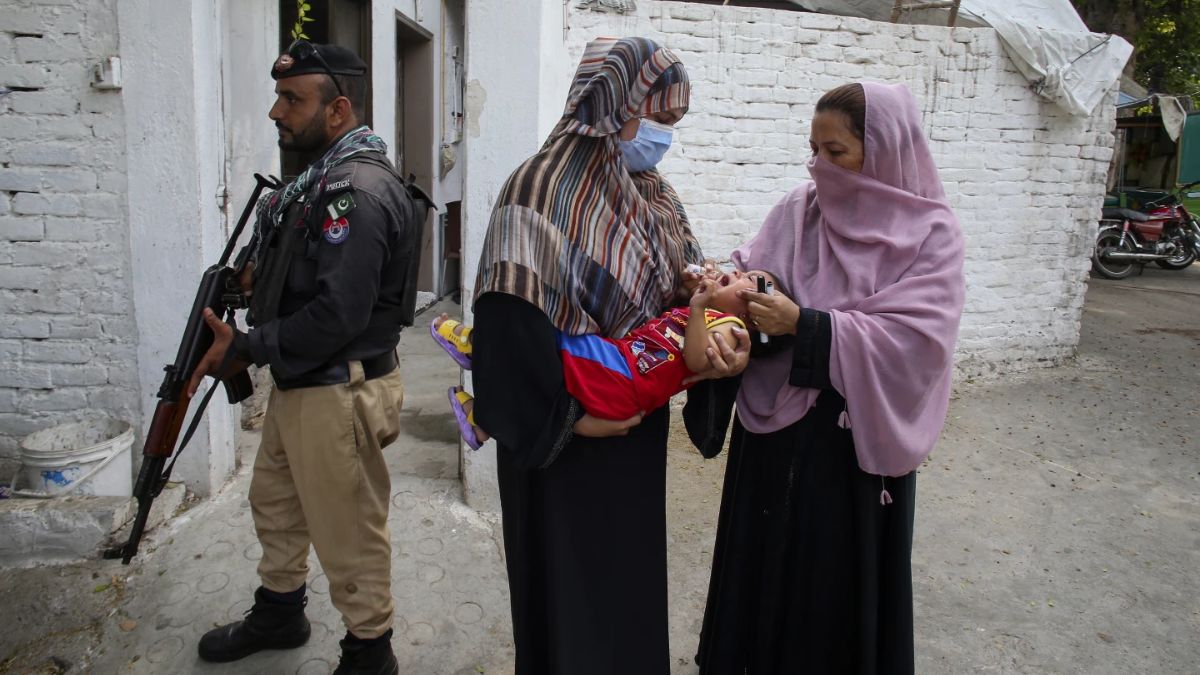)
)
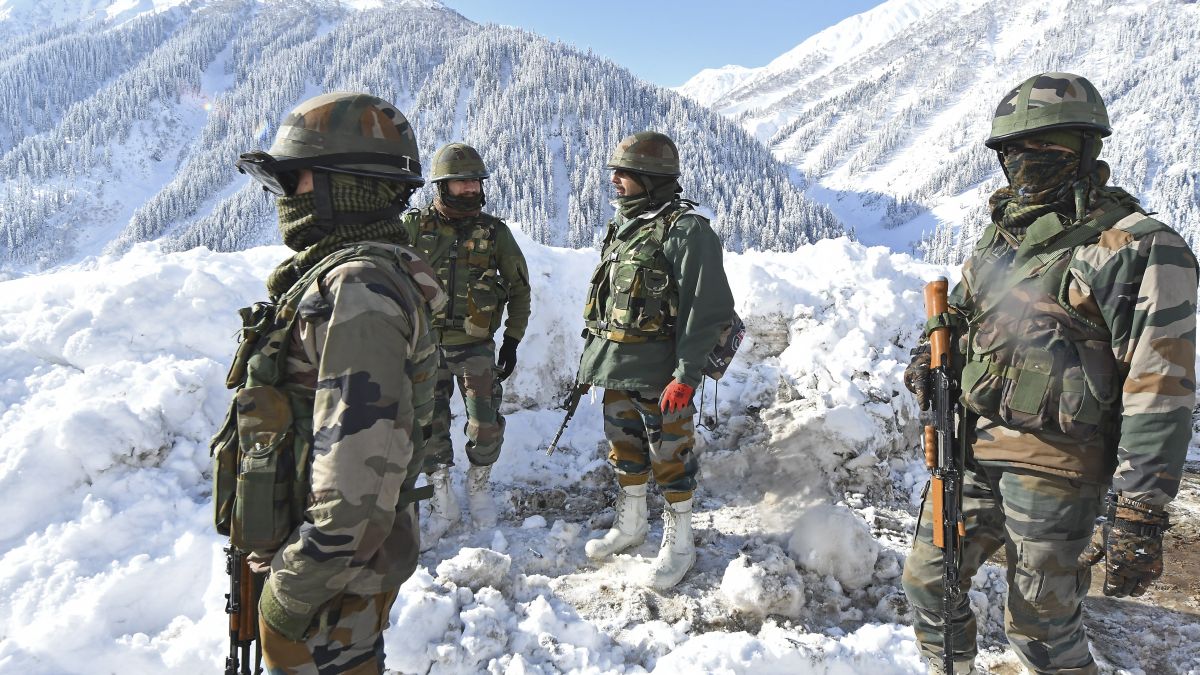)
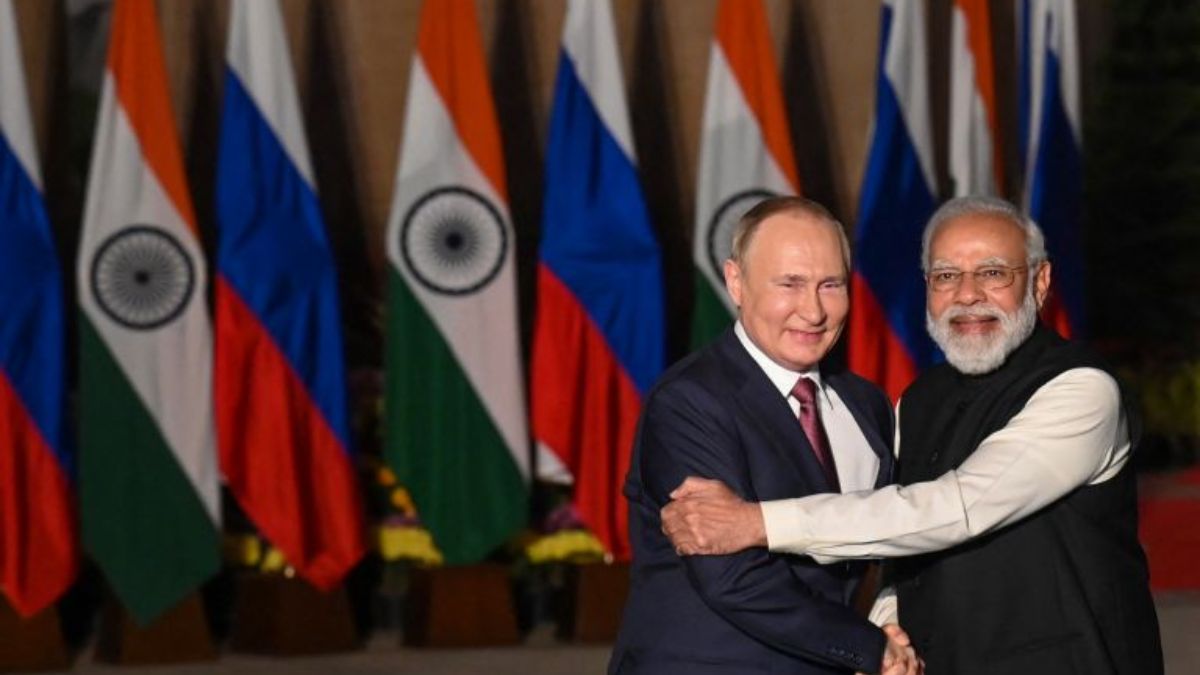)
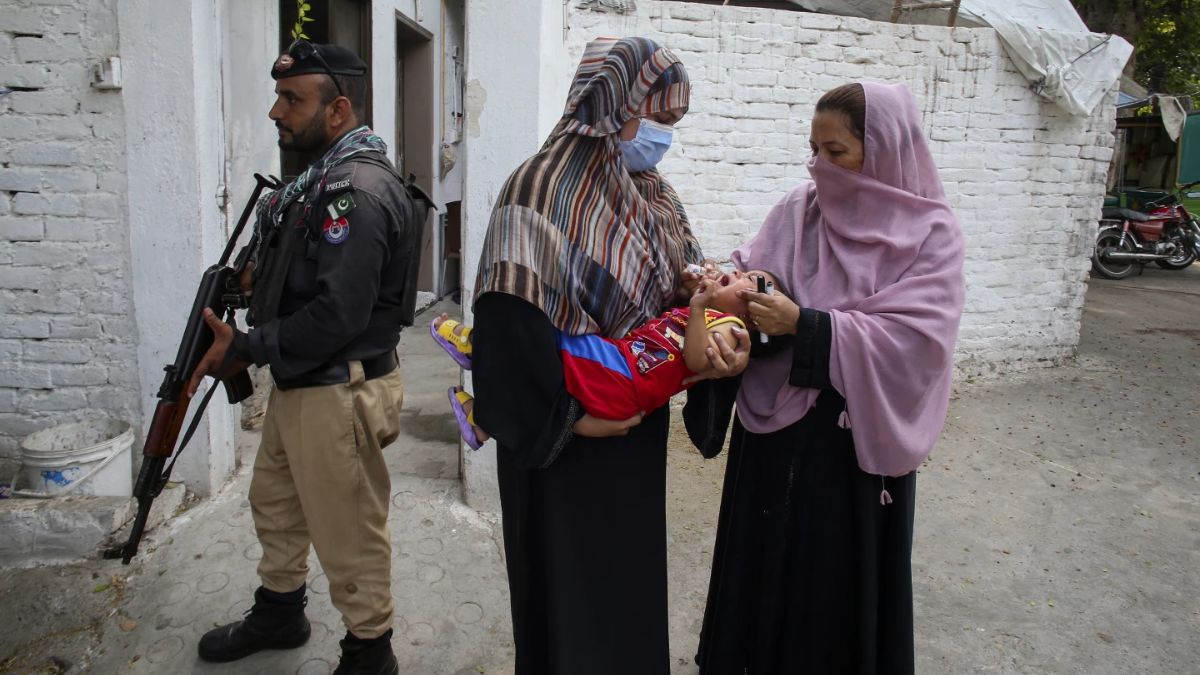)
)



